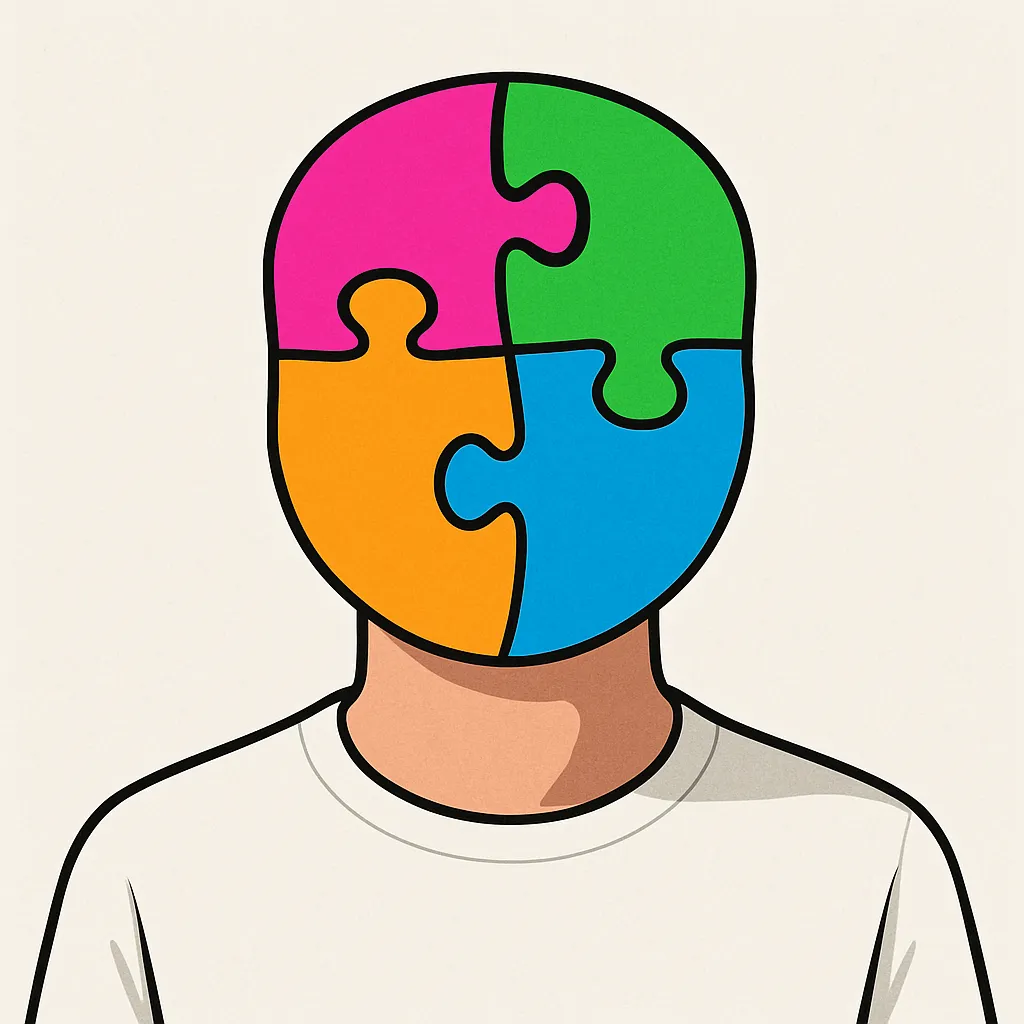Four Subtypes, Zero Autistic Input: How Autism ‘Breakthroughs’ Repackage Harm as Science
 The latest media blitz screams “transformative” and “revolutionary” — a new study claims that autism can be broken down into four genetic subtypes. Researchers from Princeton University and the Simons Foundation analyzed data from over 5,000 autistic children and proudly declared a “transformative step” in understanding autism’s biology. The headlines promise “major breakthroughs,” “precision diagnosis” and “personalized care.”
The latest media blitz screams “transformative” and “revolutionary” — a new study claims that autism can be broken down into four genetic subtypes. Researchers from Princeton University and the Simons Foundation analyzed data from over 5,000 autistic children and proudly declared a “transformative step” in understanding autism’s biology. The headlines promise “major breakthroughs,” “precision diagnosis” and “personalized care.”
But here’s the kicker: autistic people themselves had zero say. No consultation. No leadership. No recognition of lived experience. Once again, research treats us like puzzles to be solved, not people to be respected.
Here’s what they came up with:
- Social and Behavioral Challenges,
- Mixed ASD with Developmental Delay,
- Moderate Challenges,
- and Broadly Affected.
Natalie Sauerwald, associate research scientist at the Flatiron Institute and co-lead author, said it plainly:
“What we're seeing is not just one biological story of autism, but multiple distinct narratives. This helps explain why past genetic studies often fell short—it was like trying to solve a jigsaw puzzle without realizing we were actually looking at multiple different puzzles mixed together.”
I’m not even sure which “puzzle” I’m supposed to be. I would guess “Moderate Challenges” although after writing this critique I might get crammed into “Social and Behavioral Challenges.”
The puzzle metaphor — a worn-out cliché by now — that Sauerwald uses is telling. It reveals the research frame: autism isn’t a lived identity or neurotype. It’s a problem to be dissected and categorized. But those “multiple puzzles” are not just scientific data — they are human lives, experiences, and stories flattened into categories controlled by others.
Subtyping Isn’t Neutral Science — It’s a Tool of Control
Labels like “Social and Behavioral Challenges,” “Mixed ASD with Developmental Delay,” “Moderate Challenges,” and “Broadly Affected” aren’t neutral descriptions. They are judgments. They are hierarchies imposed by systems that decide who gets access to support and who is left behind.
Subtyping carves autistic people into neat boxes someone else controls. It decides who is “too disabled” or “not disabled enough,” who “fits” and who is discarded. The supposed scientific “breakthrough” is a repackaging of old deficit models dressed up in fancy genetic data and polished PR.
The Media Hype Machine: Amplifying Harm Disguised as Hope
The media faithfully echoes the research spin: “precision medicine,” “personalized care,” “transformative discovery.” But beneath these buzzwords lies the same question: How do we fix you — or at least ignore you better?
Missing from the conversation are the voices of autistic people. Missing is any recognition of autonomy, dignity or narrative sovereignty. Instead, the story is about control masquerading as care.
Why This Matters — Because This Is Dangerous
These subtypes don’t liberate anyone. They enforce gatekeeping, deepen stigma and erase the complexity and humanity behind the diagnosis. They weaponize difference as defect, and resistance as “behavioral challenges.” They silence the very people most affected, making us invisible in the narrative about our own lives.
A Warning from History: The Older Subtypes
This isn’t new. Older subtype frameworks were blunt, reductive and often cruel. They justified exclusion, rationed support, and entrenched harmful hierarchies — deciding who deserved help and who didn’t. The new genetic subtyping study is the same tune, repackaged with more data and slicker spin, but no less harmful.
Our Demand: Autistic Sovereignty, Not Subtyping
We refuse to be categorized into someone else’s taxonomy. We demand research that centers autistic people as experts on ourselves. No more puzzles to solve or types to fix. Our lives deserve dignity, complexity, and respect — not labels that control and constrain.
Call to Action
To researchers: Stop treating autistic people like lab rats and start treating us like humans with full agency and voices.
To media: Stop amplifying harm disguised as hope.
To families and allies: Listen to autistic voices first — not researchers who erase us.
This is the real breakthrough we need. Anything less is just harm dressed in data.